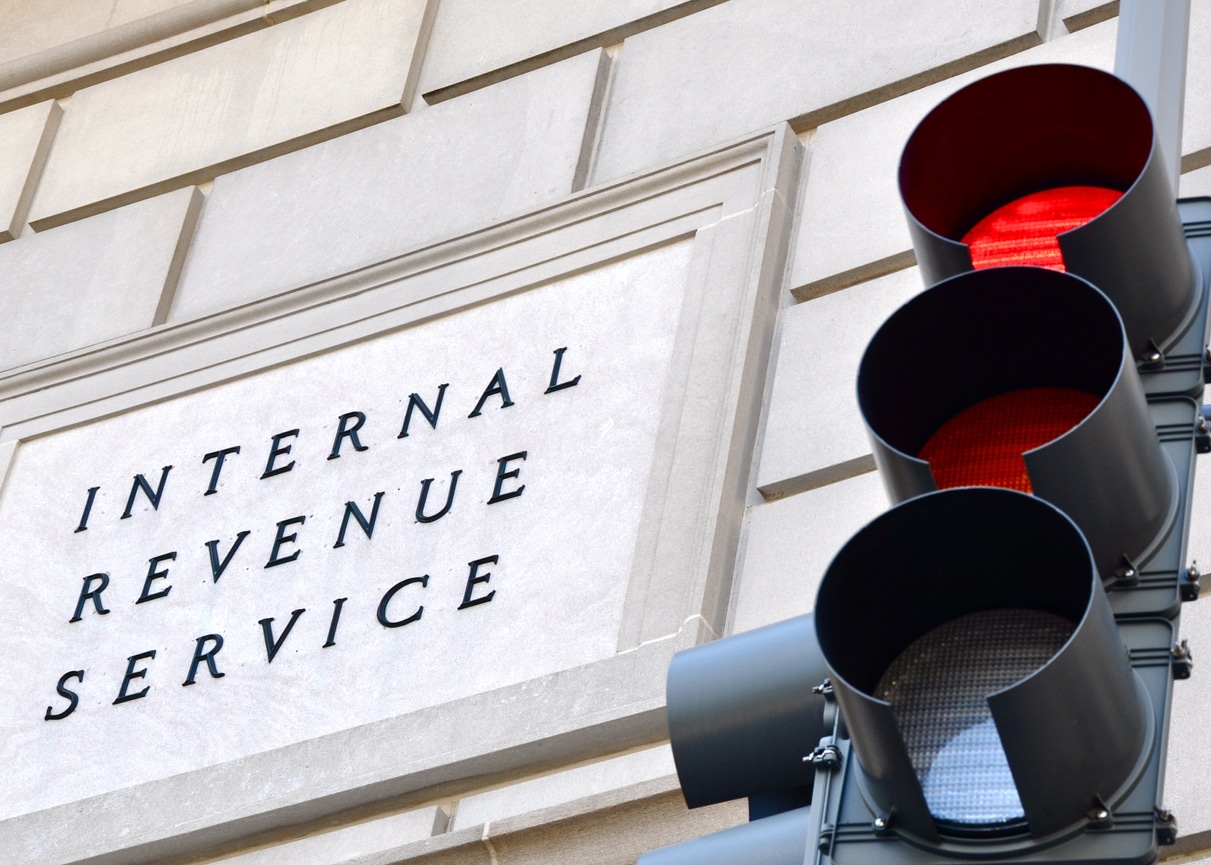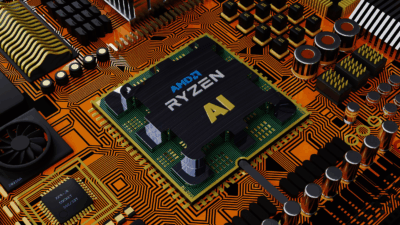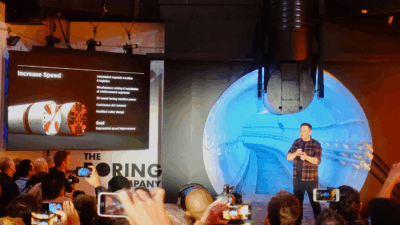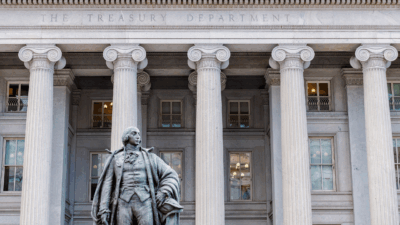
Sign up for smart news, insights, and analysis on the biggest financial stories of the day.
Democrats in Congress have trimmed a proposed $3.5 trillion spending proposal — one that would cover costs for education, child care, healthcare, and combating climate change — down to a cool $2 trillion.
To pay for it, the lawmakers are proposing a new levy on America’s 800 billionaires’ (along with some multi-multi-millionaires’) investment gains.
How It Would Work
Billionaires in America are worth more than $5 trillion, and as a collective have doubled their net worth in the last five years. But they often pay little-to-no taxes on many of their investment gains because assets are only taxed when sold.
The Democrats’ plan would take a piece of increases in asset values as capital gains … but only for people wealthy enough to buy a couple of private jets without breaking a sweat:
- The new tax would apply to the difference between an asset’s value at the beginning and the end of the year: If Rich Uncle Pennybags owned $1 billion in stock on New Year’s Day and it appreciated to $1.7 billion by December 31, he would automatically owe capital-gains taxes on the extra $700 million (without passing GO and collecting $200).
- The plan, which House Speaker Nancy Pelosi says will net $250 billion in the next decade, would tax the fewer than 1,000 taxpayers worth at least $1 billion along with non-billionaires who earned at least $100 million for three straight years.
Hard Math: Of course, there are problems collecting taxes on assets like paintings. They don’t have a precise appreciation, and figuring that out would require more cumbersome estate audits by the IRS.
Say What? Billionaires are divided, but always good for animated quotes. Jimmy John Liatuaud, the founder of his namesake sandwich chain, said it’s bull that super-billionaires like Warren Buffet and Bill Gates aren’t taxed more. But community grocery store magnate John Castimatidis said he would buy supporters of a billionaires’ tax “a one-way ticket to Venezuela.”











